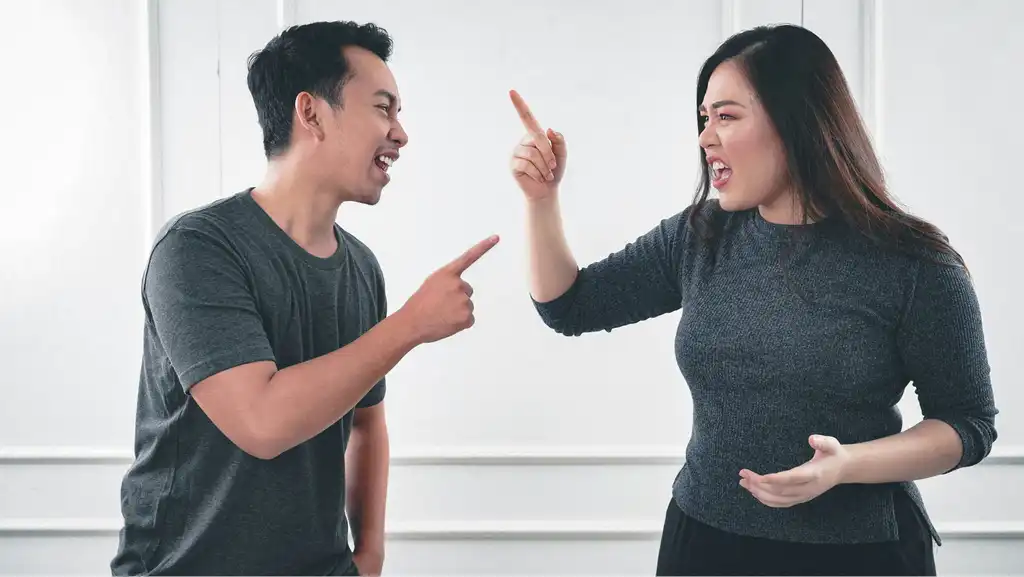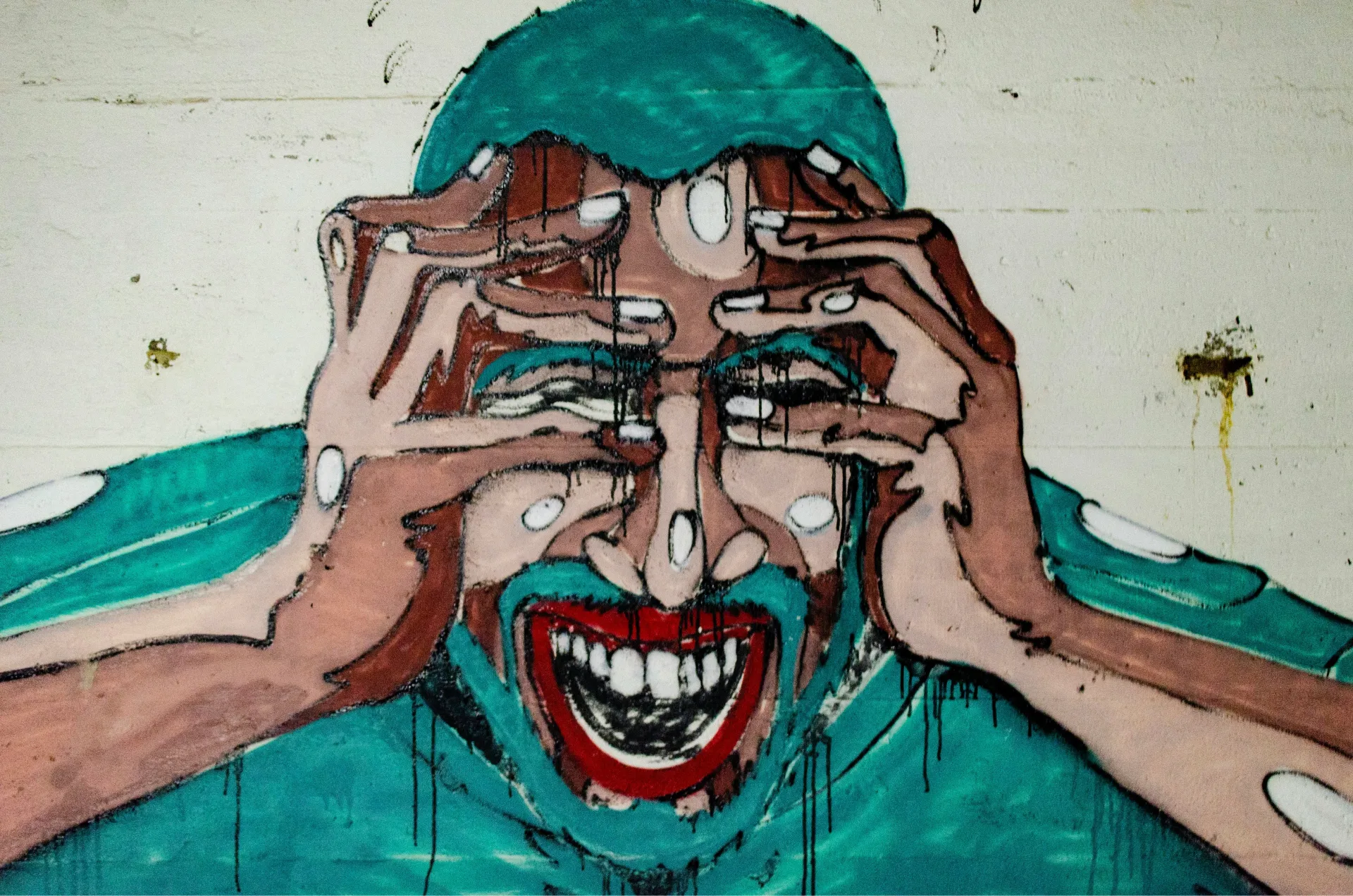
Dating Emotionally Unavailable Men: A Comprehensive Guide
Are you feeling confused and hurt in your relationship? Do you feel like your partner is distant and unwilling to connect on a deeper level? You might be dealing with an emotional connection challenges. This article will help you understand the signs, causes, and coping strategies associated with emotional unavailability in men.
Recognizing the Signs of Emotional Unavailability
Emotional unavailability isn’t always obvious. It can manifest in subtle ways, leaving you feeling confused and frustrated. It’s crucial to recognize the signs to understand what you’re dealing with. Some common indicators include:
- Difficulty expressing emotions: He may struggle to talk about his feelings or express affection.
- Avoiding deep conversations: He might deflect or change the subject when you try to discuss meaningful topics.
- Inconsistent communication: He may be hot and cold, leaving you feeling uncertain about his feelings.
- Fear of commitment: He might avoid making future plans or labeling the relationship.
- Preference for superficial relationships: He may keep interactions light and avoid getting too close
- Inability to handle conflict: He may shut down, become defensive, or avoid addressing disagreements.
- Lack of empathy: He may struggle to understand or acknowledge your feelings.
These signs can be hurtful, leaving you feeling rejected and alone. Understanding them is the first step toward addressing the issue.
Find A Therapist That Specializes In Emotional Unavailability
Our therapists at Integrative Family Counseling can help you navigate the complexities of relationships with emotionally unavailable men. We offer support and guidance to help you understand your experiences, set healthy boundaries, and develop coping strategies.

Bret Bertrand
While we cannot change the difficult experiences from the past, we can strive together to understand and overcome any negative impact you currently have in your life. I believe together we can develop a path toward healing, health, and freedom to keep moving forward.
View Bret's Profile
Hilary McEvoy
Navigating life's complexities can be overwhelming, but you don't have to do it alone. As a seasoned therapist with over a decade of experience, I am dedicated to providing a safe, supportive environment where you can explore your thoughts and feelings. My client-centered, strength-focused approach ensures that we work collaboratively to create personalized strategies that align with your goals and aspirations.
View Hilary's Profile
John Komperda
It is my belief that every client has their own innate ability to heal themselves. My job as a clinician is to foster an environment which is conducive to develop greater clarity, connection, and insight into their problems, which can lead to resolution and transformation.
View John's Profile
Emily Stoner
I believe cultivating ways one can empower oneself can be a catalyst for positive changes. By finding practical ways to remind ourselves of choices we have in our everyday lives can assist in improving ourselves overall. I believe in meeting individuals where they are in their healing journey and provide flexibility due to life's busy schedule.
View Emily's Profile
Tom Malczyk
I provide a compassionate, warm, and easy going approach to therapy. My role is to help you define, navigate and overcome the obstacles holding you back from living your most authentic and meaningful life. It is an honor to walk beside each client on their journey of self-healing, restored balance and renewed connection.
View Tom's ProfileWhat Causes Emotional Unavailability?
Emotional unavailability isn’t a character flaw. It often stems from underlying psychological factors that a man may be struggling with. Understanding the potential causes can help you approach the situation with more empathy. Some common contributing factors include:
- Past trauma: Experiences of abuse, neglect, or other forms of repressed childhood trauma
- Fear of vulnerability: Opening up emotionally can feel risky, and some men may avoid it to protect themselves from potential hurt.
- Childhood experiences: Early relationships with caregivers can shape a person’s ability to form secure attachments later in life.
- Societal expectations of masculinity: Traditional gender roles can pressure men to suppress their emotions, leading to emotional unavailability.
- Personal insecurities: Feelings of inadequacy or low self-esteem can make it difficult to be emotionally vulnerable.
It’s important to remember that these are just some potential causes, and every individual’s experience is unique.
How to Cope with an Emotionally Unavailable Partner
Dealing with an emotionally unavailable partner can be challenging. It’s essential to prioritize your own well-being and develop healthy coping with emotions
- Set clear boundaries: Communicate your needs and limits clearly. Let your partner know what you’re willing to accept in the relationship.
- Communicate your needs directly: Avoid passive-aggressive behavior. Express your feelings and needs openly and honestly.
- Focus on your own well-being: Don’t neglect your own emotional needs. Engage in activities that bring you joy and connect with supportive friends and family.
- Seek support from a therapist or counselor: A therapist can provide guidance and support as you navigate this challenging situation.
- Consider couples counseling: If your partner is willing, couples counseling can help you both understand and address the issues in your relationship.
Can Emotional Unavailability Change?
Yes, emotional unavailability can change. With self-awareness, a willingness to work on underlying issues, and sometimes professional help, men can learn to become more emotionally available. Change requires effort and commitment from both partners.
When to Seek Professional Help
If you’re struggling to cope with an emotionally unavailable partner, or if the relationship is causing significant distress, seeking professional help is a good idea. A therapist can help you:
- Understand the dynamics of your relationship.
- Develop healthy coping strategies.
- Improve communication skills.
- Make informed decisions about your relationship.
Finding Support at Integrative Family Counseling
At Integrative Family Counseling in Dupage County, IL, we offer compassionate and effective therapy for individuals and couples dealing with emotional unavailability. Our experienced therapists provide a safe and supportive space to explore your feelings, understand your relationship patterns, and develop strategies for creating healthier connections. We offer both online and in-office sessions to fit your needs.
Insurance Coverage Made Simple
We accept most major insurance plans and offer low self-pay rates to ensure quality care is accessible to everyone. Your well-being is our priority, and we're here to help regardless of your financial situation.
FAQ: Common Questions About Emotionally Unavailable Men
What are the common signs of an emotionally unavailable man?
What causes emotional unavailability in men?
How can I cope with dating an emotionally unavailable man?
Can an emotionally unavailable man change?
Is emotional unavailability always a sign of a bad relationship?
How can I communicate my needs to an emotionally unavailable partner?
When should I consider leaving a relationship with an emotionally unavailable man?
Where can I find support for dealing with an emotionally unavailable partner?
Related Articles

How Long Does It Take to Get Over a Breakup? How to Heal and Move On
Learn how long it takes to get over a breakup and explore the emotional healing process. Find out how therapy can support your recovery and help you move on.

Feel Guilty To Reach Out After a Breakup? You're Not Alone
Feeling guilty after a breakup is a common experience. Integrative Family Counseling offers support. Find a therapist in Dupage County, IL today.

Am I the Problem? Insights Into Relationship Issues
If you're questioning if you're the problem in your relationship, this guide helps identify key issues and offers ways to improve your situation. Understand and address the challenges you face.

Signs an Emotionally Unavailable Man Is in Love with You
Discover how to identify if an emotionally unavailable man is genuinely in love with you. Explore key signs and behaviors that reveal his true feelings.




